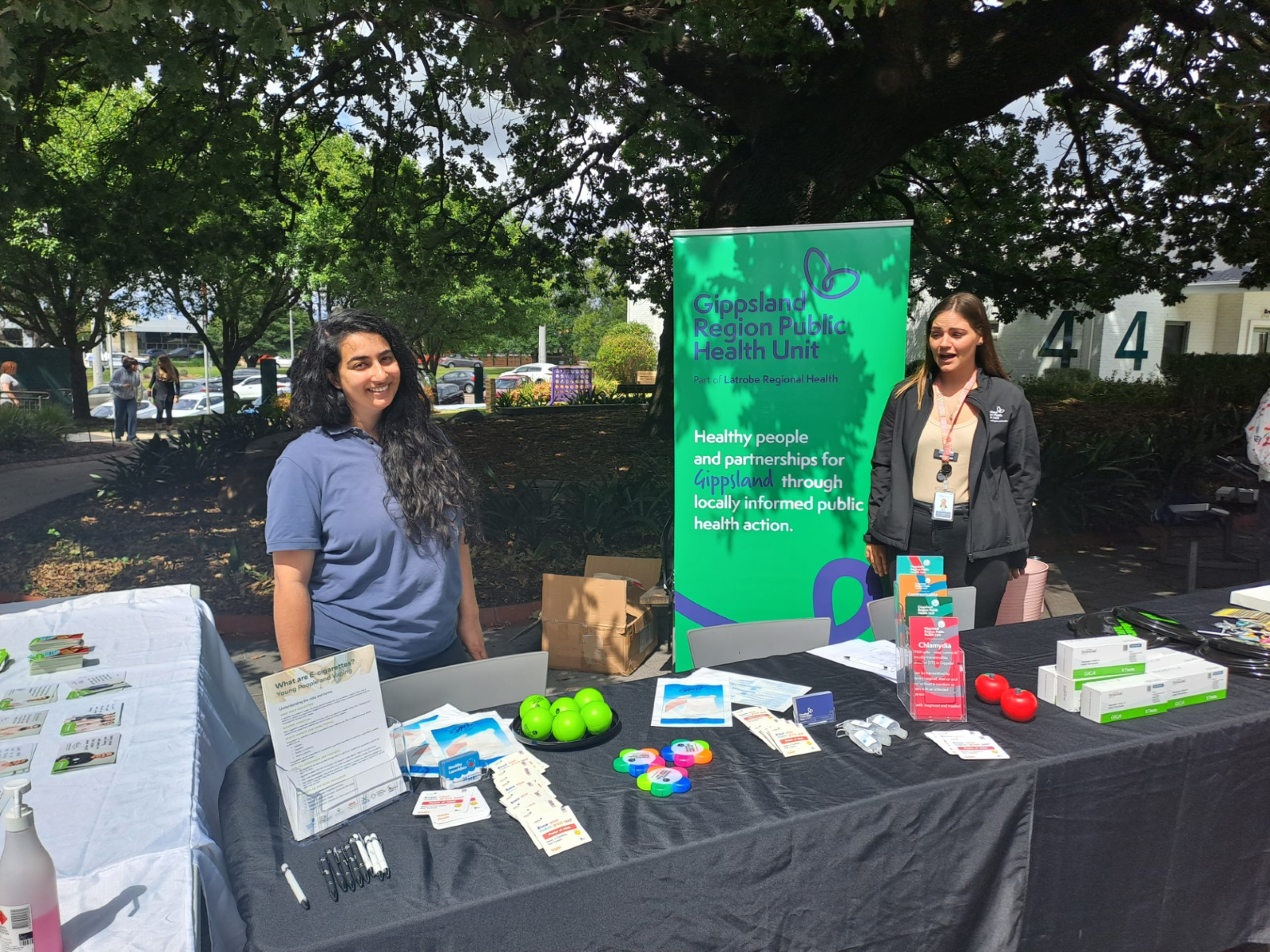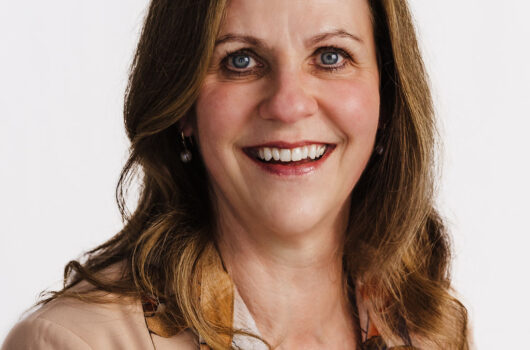STI campaign steps up

A recent campaign to highlight sexual health and sexually transmitted infections (STIs) to the Gippsland community has reached more than 1000 people.
“STIs are growing in number across Gippsland. Last year the region recorded its highest reported numbers of gonorrhoea infection with cases jumping 20 per cent on previous years,” Gippsland Region Public Health Unit (GRPHU) Operations Director Annelies Titulaer said.
The STI Awareness Campaign saw the GRPHU work with Gippsland Women’s Health to develop messaging, information and resource packs aimed at increasing knowledge around positive sexual health and providing resources such as condoms and dams.
“As part of the partnership, members of GRPHU team joined other health groups at ‘O Week’ events for new students of TAFE and Federation University across Gippsland and were able to discuss sexual health, risky behaviours and safe practice with new students,” Ms Titulaer said.’
The team distributed 1000 information packs over the seven ‘O Week’ events.
“We’re finding that while we can develop successful strategies around getting positive sexual health messaging on platforms like social media and through traditional media like newspapers, the higher risk grouping of between 20-40 years of age may not be using those channels to get information, thus meeting with people face-to-face has proved to be an important way for us to make connections and share information,” Ms Titulaer said.
If your organisation is interested in being part of this initiative and receiving free condoms and lube to hand out to the young people you work with, please complete this EOI before 30 April 2024.
The most common STIs in Gippsland include gonorrhoea (infections up 20 per cent in 2023) but also chlamydia (Gippsland’s most prevalent STI) as well as syphilis (coming off a high in 2021 and declining slowly).
“If we can build awareness and encourage testing for STIs it would be a big step forward towards a healthier community.
The most common STI, chlamydia is called the ‘silent infection’ and if not treated properly, can cause serious long-term complications including ectopic pregnancy and infertility.
“We would encourage all sexually active people to chat with their GP about chlamydia and other STIs next time they have an appointment,” Ms Titulaer said.
Diagnosis and treatment for STIs like gonorrhoea and chlamydia is easily managed.
As well as the face-to-face discussions with members of the community, the partnership with Gippsland Women’s Health involved other health and wellbeing agencies in sharing resources with their clients and contacts.
“STIs are for the most part conditions brought about by a lack of knowledge either in a particular behaviour or an individual’s health status. We’re actively encouraging the community to talk about sex, STIs and the resources available whether that’s condoms or dams or specialised sexual health clinics across the region, or information lines that work across the state,” Ms Titulaer said.
Furthering this community conversation is the Gippsland Sexual and Reproductive Health Forum which will be held again at the Gippsland Performing Arts Centre in Traralgon in April.
“The forum is a day full of important information and some great speakers. I’d urge anyone working in the sexual health, primary health fields or those working with young people to attend,” Ms Titulaer said.
Details of the Gippsland Sexual and Reproductive Health Forum can be found at https://gwhealth.asn.au/events/gippsland-srh-forum-2024/






